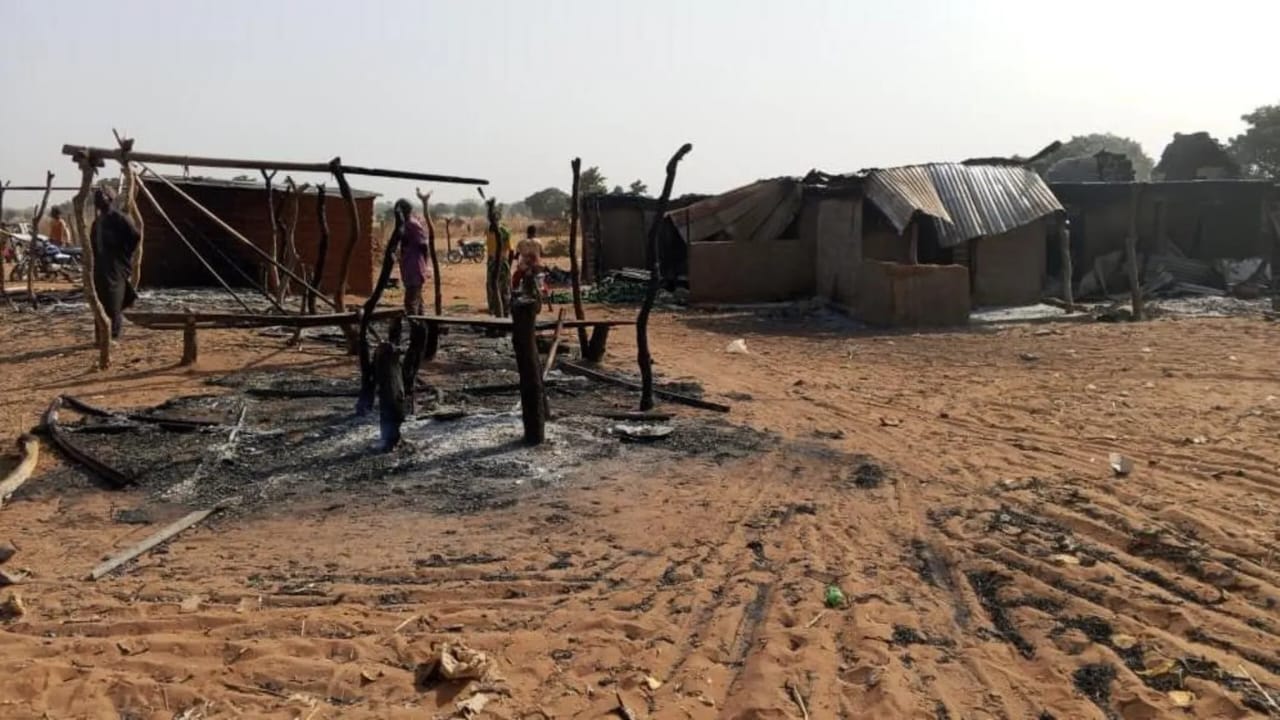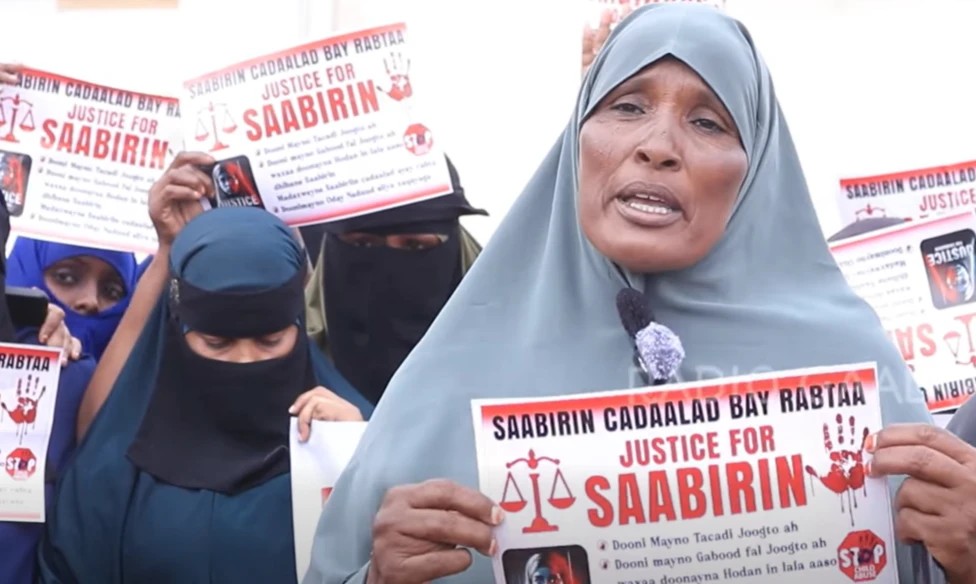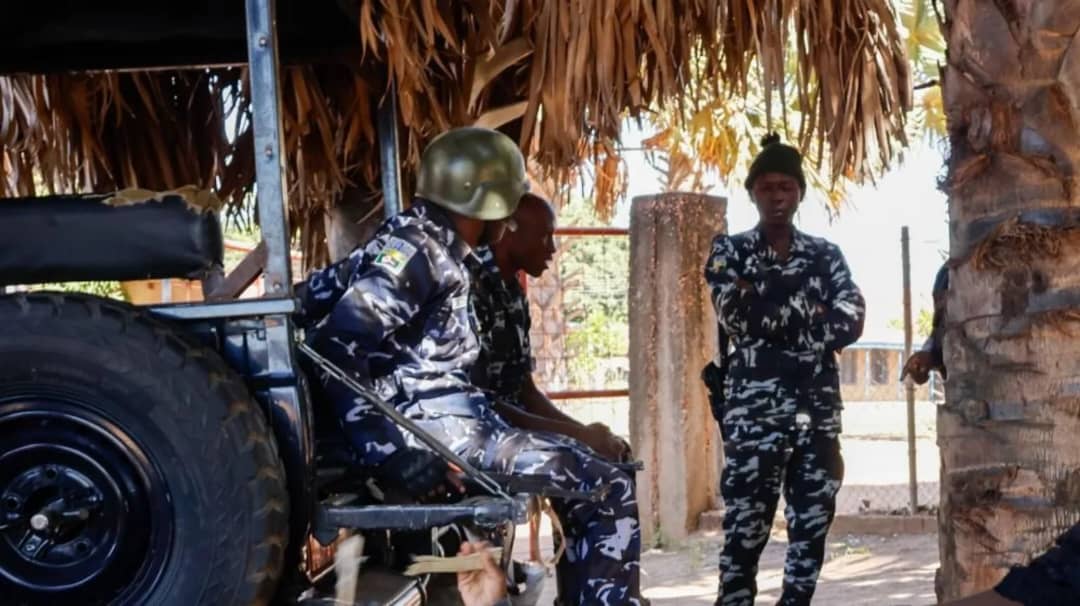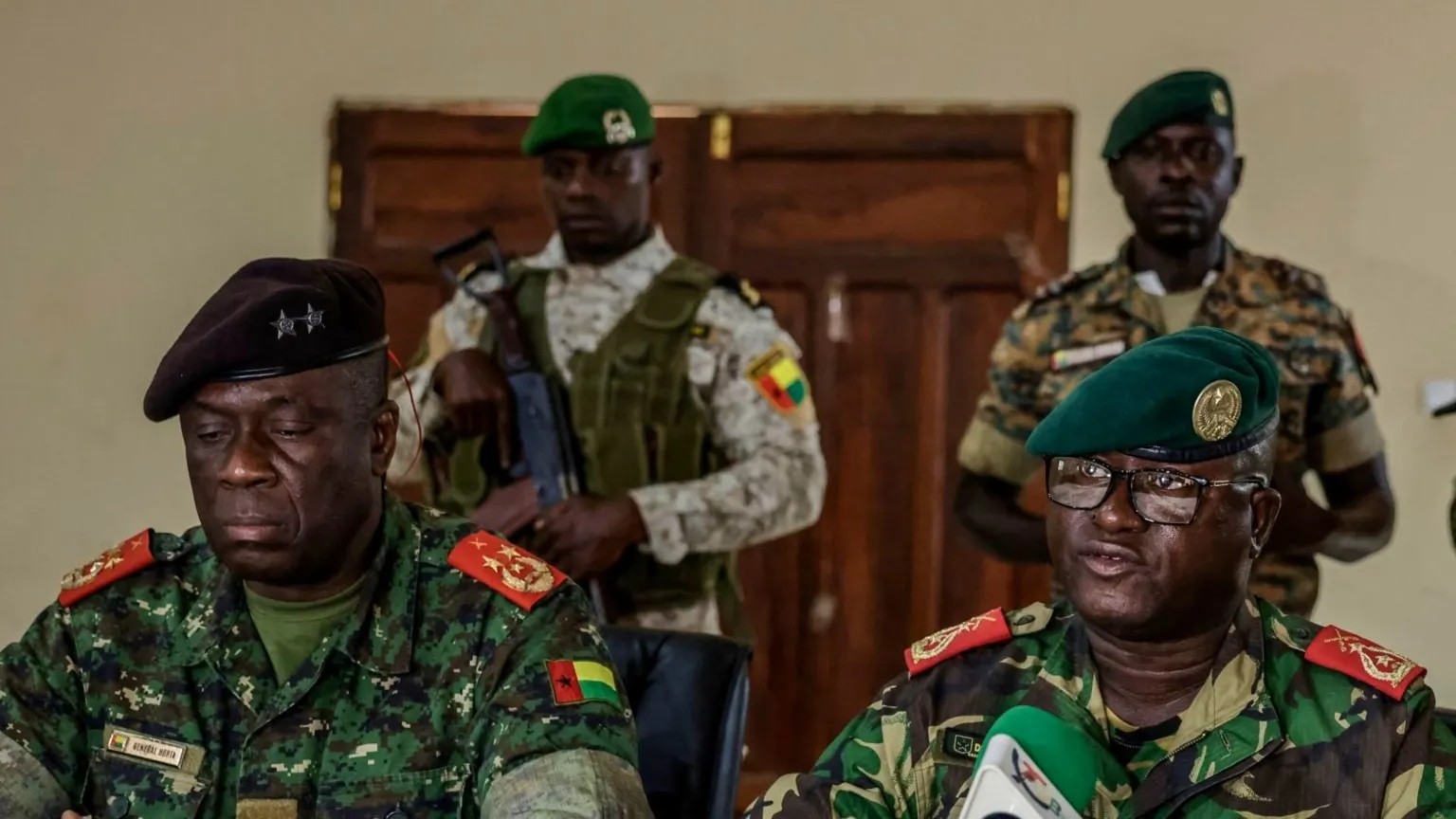Borno Governor Sounds Alarm: Boko Haram Threat Looms as Attacks Surge
- by Ahmed, Borno, RNG247
- about 9 months ago
- 187 views

In a chilling warning, Babagana Zulum, the Governor of Borno State in Nigeria, has raised serious concerns about the alarming resurgence of the infamous jihadist group Boko Haram. The governor's statements come in response to a surge in militant activities, as the group has recently launched a series of attacks, regaining control of strategic areas in the northeastern state long considered turbulent by years of insurgency.
Governor Zulum, a vocal advocate for enhanced security measures, urgently called for bolstered military support to assist the courageous soldiers on the frontlines who are engaged in a relentless battle against the insurgency. His remarks echo a grim reality; despite government assertions that security has improved over the past 18 months, the on-the-ground situation paints a starkly different picture.
Borno State has endured the brunt of Boko Haram's violent campaign, which has spanned 15 years, displacing over two million individuals and claiming the lives of more than 40,000 people. The group reached the zenith of its power in 2015, when it controlled vast swathes of territory within Borno before Nigerian forces managed to push them back. However, the recent resurgence raises heavy questions about the stability of the region and the effectiveness of ongoing military operations.
Boko Haram gained worldwide infamy in April 2014, when its militants abducted over 270 schoolgirls from Chibok, a traumatic event that captured global attention and solidified the group's notoriety. What was once perceived as a lull in violence has erupted anew, with reports indicating frequent assaults on military installations, police stations, and rural communities.
Recent reports illustrate the stark realities faced by security forces and local populations alike. In January, a devastating ambush carried out by the Islamic State West Africa Province (ISWAP)—a faction that split from Boko Haram—claimed the lives of at least 20 Nigerian soldiers. Tragically, the same period registered another assault that left 40 farmers dead, underscoring the escalating threat posed by the militants.
In a recent meeting with national security officials, Governor Zulum expressed deep frustration, stating that Borno State was "losing ground" against the jihadists. His observations highlight the distressing trend of regular attacks and kidnappings in various communities, adding urgency to the call for heightened military involvement.
Security analysts suggest that the Nigerian government's decision to shift troops towards combating banditry and kidnapping in the northwestern regions has inadvertently diluted the military presence in Borno, thus exposing vulnerable areas to renewed incursions by Boko Haram.
The complexities of the Nigerian military's campaign against these jihadist factions are exacerbated by the withdrawal of neighboring Niger from a regional task force designed to confront the insurgency. This strategic loss has further hindered operational capacities in the region.
Hamisu Sani, a local security analyst, poignantly remarked on the difficulties of defeating Boko Haram, cautioning that while it may not be easy, it remains an achievable objective if sufficient support and resources are granted to the military. “No matter how our military weaken them, they can always regroup and will remain a threat,” he stated. “The solution would be to crush the fighters in their entirety—which is possible, given the right support to our military.”
As the situation in Borno continues to deteriorate, the urgent call for action resonates loudly, reflecting the continuous struggle against a still-potent threat that looms large over the region. The people of Borno State, who have suffered immensely, deserve swiftly implemented strategies that will restore security and hope for a peaceful future.












.jpg)



0 Comment(s)